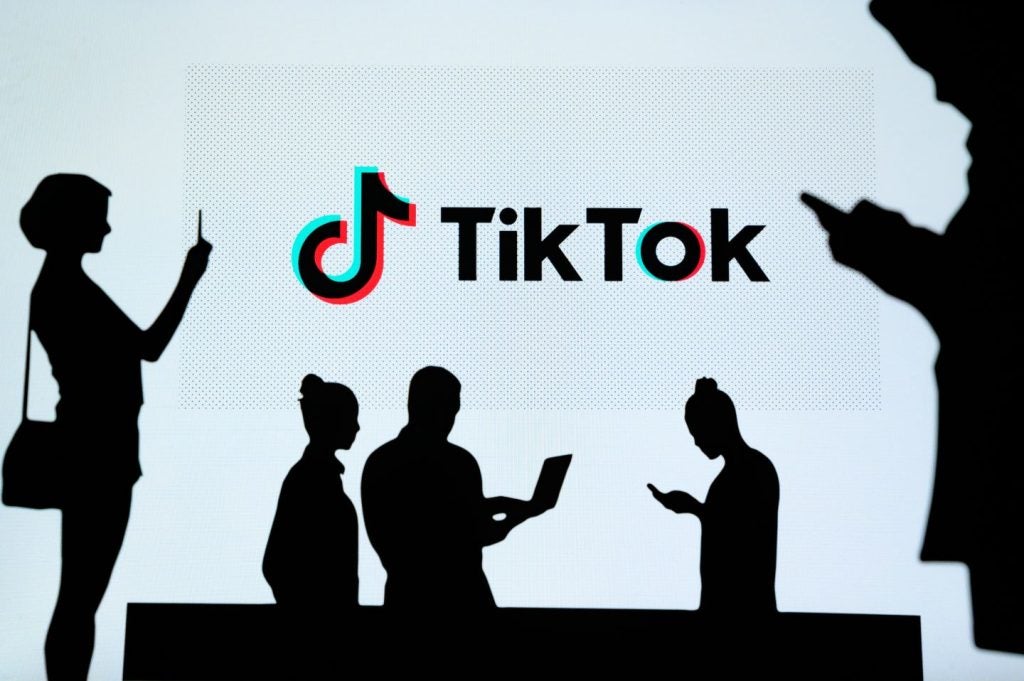
Last Sunday morning, millions of Ugandans woke up and did what the rest of us did: they reached for their smartphones to check out the world’s digital resonance on Uruguay’s spectacular 2:1 World Cup win against Portugal.
They were in for a nasty shock: from July 1, the Ugandan government’s controversial Social Media tax had come into effect, effectively barring an estimated 19 million mobile users in Uganda from accessing their Facebook, Twitter, Instagram, WhatsApp, Skype or other favorite social media site without first initiating an electronic payment to cover the daily tax of 200 Ugandan shillings – around 4p.
The legislation was first drafted earlier this year, when Parliament – at the bequest of President Yoweri Museveni – passed a new law imposing a user tax on what it termed as ‘Over the Top’ messaging and voice providers.
Why has Uganda enacted a social media tax?
On the face of it, Museveni’s arguments are worth considering.
The President has argued that social media sites such as Facebook are instrumental in spreading lies, prejudice, gossip and insults, and can all too easily be abused to distort public opinion with damaging untruths.
Anyone familiar with the fake news scandal now engulfing Facebook, or specifically Russia’s alleged tampering of public opinion via social networks ahead of Brexit, and the recent Presidential elections in the US and France, would be hard put to disagree with that.
How well do you really know your competitors?
Access the most comprehensive Company Profiles on the market, powered by GlobalData. Save hours of research. Gain competitive edge.

Thank you!
Your download email will arrive shortly
Not ready to buy yet? Download a free sample
We are confident about the unique quality of our Company Profiles. However, we want you to make the most beneficial decision for your business, so we offer a free sample that you can download by submitting the below form
By GlobalDataBut to be sure, it’s not as simple as that, and Museveni’s many critics claim the President more likely wants to leverage the tax to curb the spread of critical voices over the Internet, to consolidate his own hold of power.
Using the social media tax to pay for broadband upgrades
Perhaps more sympathetically, Uganda’s ICT Minister Frank Tumwebaze has aired a line of tax defense many in the telecommunications vendor and carrier community would be inclined to agree with.
Social media sites and social networks such as Twitter, Facebook and WhatsApp monetise end-user digital engagement without paying a bean towards the build or upkeep of the national broadband networks that make that engagement possible in the first place. Tumwebaze has promised that state revenue gained from the new social media tax will help rebuild and upgrade Uganda’s broadband networks.
Uganda isn’t the first country to restrict social media access
To be sure, Uganda isn’t the first nation to attempt to curb the spread of public opinion over social network and messaging platforms. Several national leaders, from Turkey’s Recep Tayyip Erdoğan to Museveni himself, have already taken that step ahead of an important national election, to safeguard their public profiles from cyber-damage.
From Silicon Valley’s perspective, the social media messaging platform business model has been pretty constantly under attack for several years.
Many more countries throughout the MEA region, as well as APAC, still ban IP comms voice calling over popular digital platforms such as Skype, Viber or WhatsApp. This is mainly to protect the value of their own telecommunications markets, although others cite the dangers of terrorism facilitation as a secondary line of defense.
In other markets, most notably Egypt, regulators have considered taxing advertising revenue that is generated across such networks. And in Europe, most of Silicon Valley has at one time or other felt the wrath of EC-imposed fines and related threats, to bring platforms in line with European consumer interest, telecommunications or other market regulations.
The difference in Uganda, is that the government is now seeking to extract a tax direct from these platforms’ end-users – the same users, one might argue – that already ‘pay’ for that engagement by exchanging some aspect of their digital footprint data.
You could say, Ugandans are now being made to pay twice, but when was the Internet ever fair?





Related Company Profiles
Meta Platforms Inc